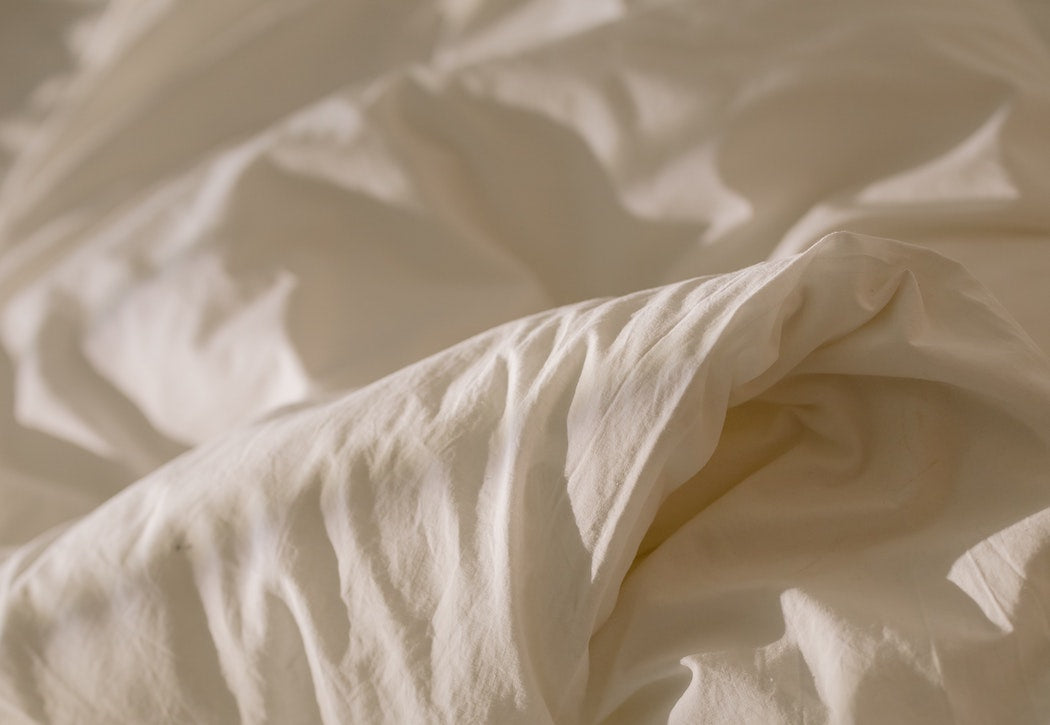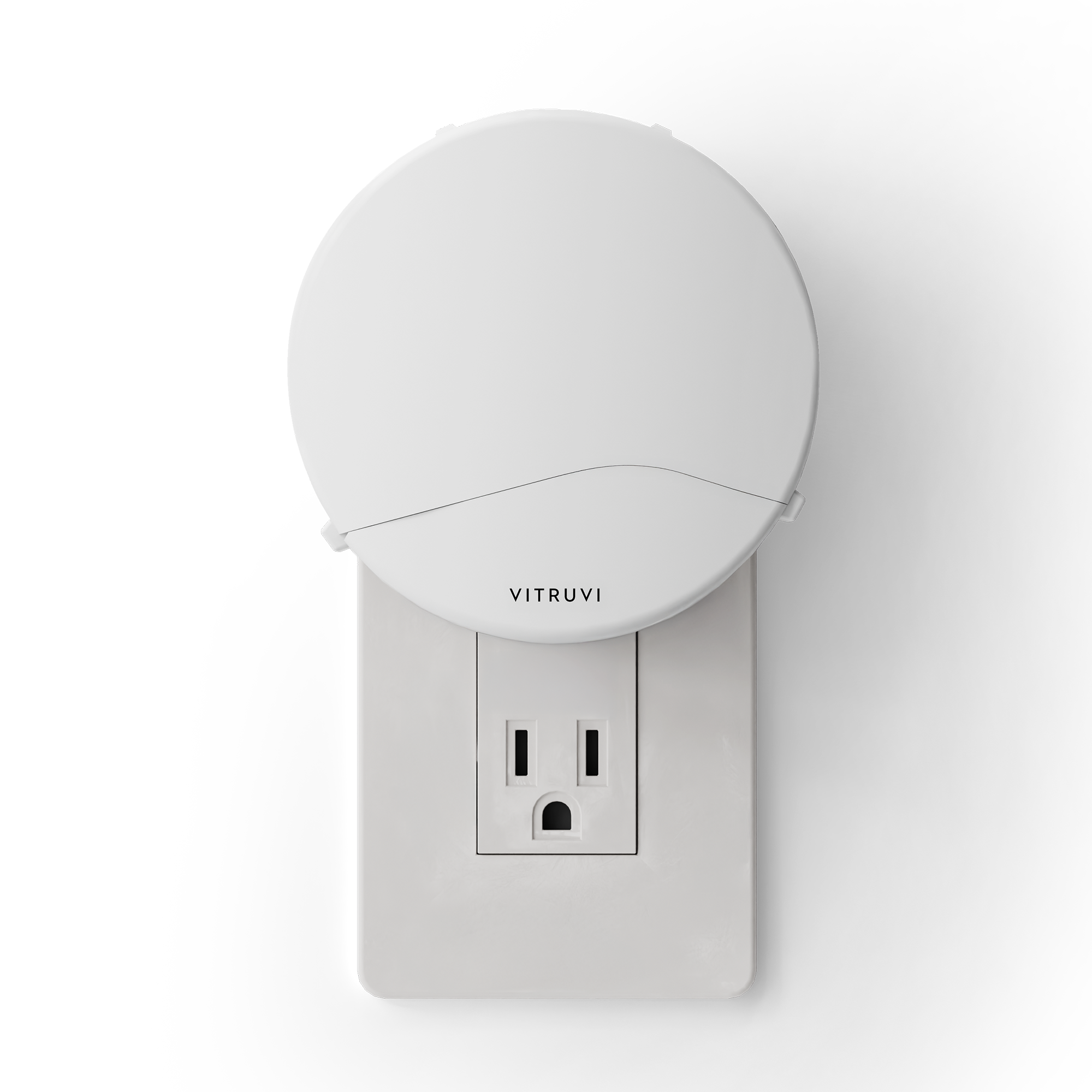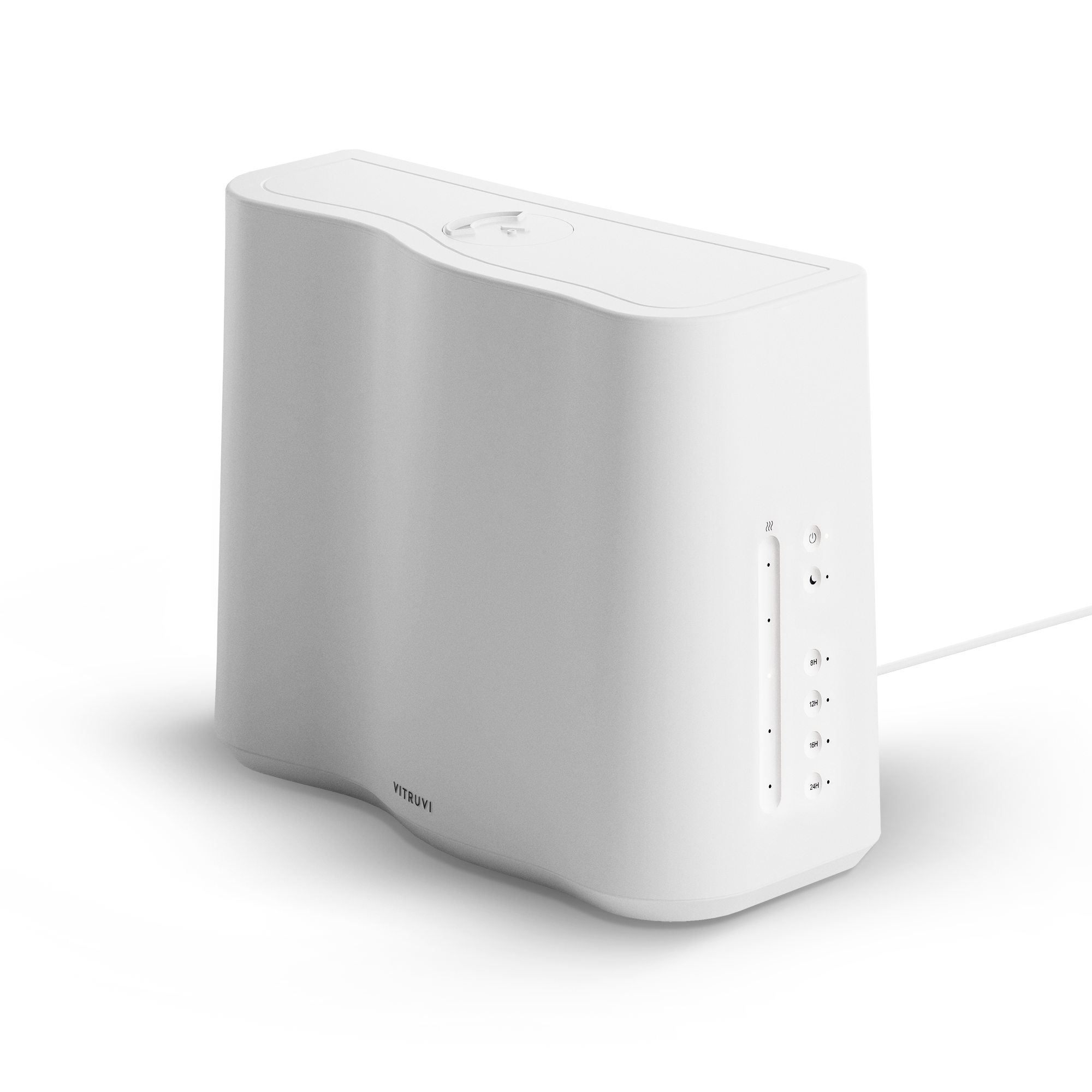While many people have heard of K-beauty (here’s looking at you, 10-step skincare routines), few people have heard of ayurvedic beauty. Ayurveda is an ancient healing modality from India that relates to our health, wellbeing, and yes, beauty rituals. It’s a form of self-care and a devotion to daily practices—and it inspired Michelle Ranavat to start her eponymous label Ranavat, a botanical skincare line that drives the nature-body connection.
All of Ranavat’s formulas are made in India with locally-sourced adaptogenic ingredients like ashwagandha, saffron, wild turmeric, and amla—the same ingredients used by the royal families of ancient India. And they’re garnering attention: the brand recently became the first luxury South Asian-founded skincare company to launch at Sephora.

Over video, Ranavat discusses her upbringing, her engineering background, and what excites her about the space she’s in.
You grew up in Wisconsin—what was that like?
At that time—the ‘80s—there was definitely very little understanding of Indian culture, and I was torn between how I expressed myself within the Indian community versus at school, where I was the only Indian kid in class. I didn’t begin to dig into my culture until I left Wisconsin for New York, where I made some incredible South Asian friends. They really helped me gain the confidence I needed to then go back and do the work that I needed to do to feel comfortable with my culture.
What is ayurveda?
Ayurveda is quite literally the science of life. It’s a 5,000-year-old science from India that has its own text, recipes, and cures for really anything under the sun. What’s exciting about it is that it has really formed the basis for modern medicine as we know it. Nowadays we often see people use an incorporation of both ayurvedic science and medicinal science.
What ayurvedic beauty rituals did you grow up with?
My mom wasn’t very into makeup when I was growing up, but she was a big believer in homemade turmeric face masks, self-massages, and hair oiling as forms of self-care. Ayurveda is centered around wellbeing and taking time for yourself, as opposed to chasing any sort of beauty standard.
How has it been for you to see South Asian culture go “mainstream”?
For a really long time, no one was talking about South Asian culture, so to me it’s been exciting to see this reclaiming of culture. When I launched the brand four years ago, everything was centered around wellness supplements and adaptogenic herbs—but when I talked about ayurveda, investors were like, “Well, that really hasn’t become a trend yet,” or, “We are only investing in wellness brands right now.” They didn’t understand that ayurveda and wellness are one in the same. Obviously wellness can include other cultures, but ayurveda is the traditional Indian way to talk about wellness. It’s been really exciting to see ayurveda resonate with mainstream retailers and the media now, because it’ll allow for many more brands to enter the space. I like to think that seeing these things be given merit will lead to less kids getting made fun of and more people embracing their cultures rather than pushing them away.
What was it like getting into Sephora?
It has been really exciting. I mean, until I realized how much work it was going to be and still is. Everyone always says the easiest part is getting in, and obviously it’s not easy to get in—but it’s also not easy to stay in. From a business perspective, it’s been great to see something that was originally a niche idea be sold in a mainstream retailer and have so many people support us.
You have two engineering degrees. Was Ranavat a planned career shift?
My response to that question is that I never pivoted. My everyday still revolves around being an engineer. It’s so weird to say, but it’s true. I mean, of course, there’s marketing and branding—but the main role as a founder is manufacturing and creating products; supply chain and operations; and quality control. Without that figured out, no matter how good your marketing is—if your product isn’t good—it’s not going to work. I love chatting with other engineers to kind of show them that there’s so much more than working in traditional industries.
What is next for Ranavat?
I think one of the toughest challenges is: how do we continue to share education and show other cultures and different backgrounds in our brand and while maintaining the authenticity of the brand? Right now you see a lot of stories about me, the founder, but ultimately our goal is really to show every person, whoever they are, whatever their background is, that ayurveda is relevant to them. We want to provide them with the relevant education and the reasons why they should try a new ayurvedic skincare product—but we want to do it in a way that serves all communities.
This interview has been edited and condensed for clarity.











